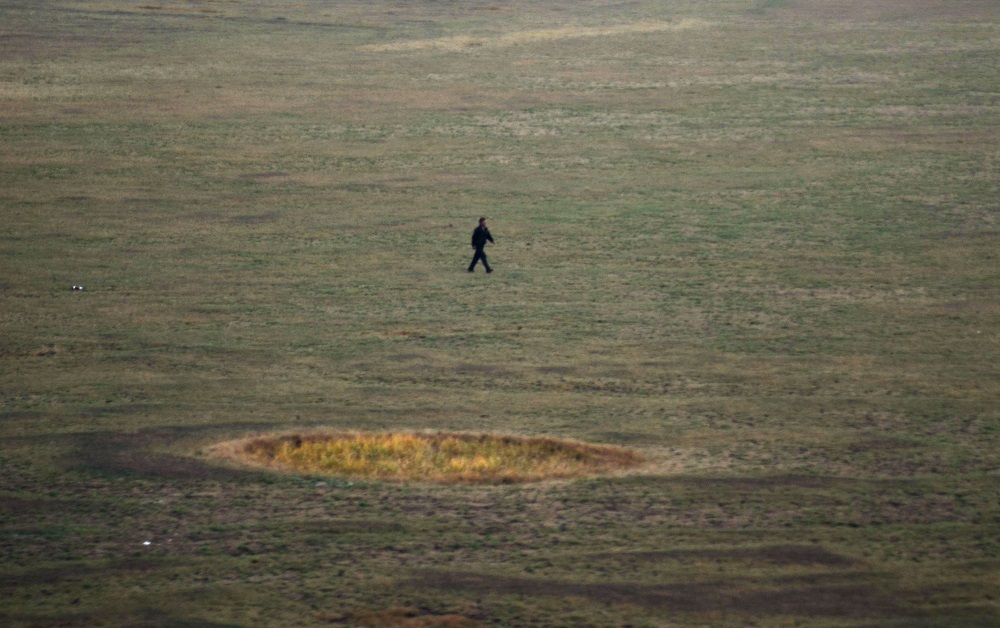Written by:
Share article:
Personal Fulfilment
Today, when motivational speech is a fashionable thing with all kinds of attractive methods intended for profit, people live their failures in intimacy, behind closed doors, inside inner circles. There is a shyness in exposing your weakness, or asking for help, because nobody wants to be in that position.
There are two types of problems with exposing yourself when you’re washed-out: one is the image of yourself, which you normally want to adjust it to a certain degree of independent human being with a financial autonomy. And in a social context, you can’t survive if you don’t move and communicate, if you don’t have a network of relationships, or if you don’t want to be put in a certain regime or timetable.
This idea of success is very inflated, tumid and extremely well-packed for marketing purposes. I wouldn’t see the idea of success in comparison with failure, but rather with the idea of personal fulfilment which maybe is not related to a certain success.
Success can offer you a certain kind of satisfaction, narcissistic in a way, if it’s the success of the image, or a financial success, if you’re a businessman. But regardless of an artistic or economic success, it all leads to a certain type of fulfilment. And this fulfilment is referred to the times when you agonized, when you felt embarrassed for asking for help to someone. In a way, we all help each other, somehow. It doesn’t necessarily need to be a financial help; even the discussions, gatherings, what a man sees, what he reads, everywhere there are all kinds of helping methods and signs which can be decoded.
We follow various public figures, or people from various backgrounds (be it sportspersons or successful people), who superficially show off a happy version of their own, but if we dig deeper into their past, into their endeavor, we will discover some incredible and almost identical things when it comes to failure, traumas or harsh times. Most of these people are coming from uncertain, problematic and difficult areas, be it a childhood with certain kinds of problems, poverty or trauma which completely changed their way of seeing life. People need an impulse in order to become active. Otherwise, if everything is ok, if they are used to comfort, it needs a certain kind of education for them to understand what is the price of the so-called success.




